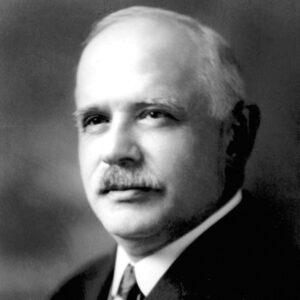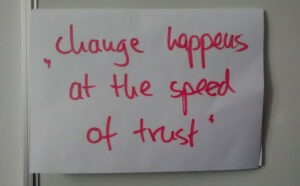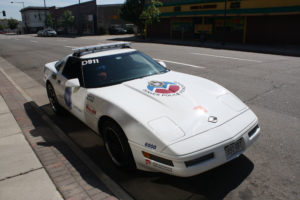November 17, 2011; Source: MLB.com | Major League Baseball general managers and owners voted to give the White Sox the “Commissioner’s Award for Philanthropic Excellence” in recognition of the White Sox Volunteer Corps. This is the second year of the award. In its inaugural year, the award went to the Red Sox (natch!) for the Red Sox Scholars program. The White Sox corps has galvanized some 5,000 people (though White Sox chairman Jerry Reinsdorf said it was only “two or three thousand people”) to volunteer on such projects as renovations in public schools, programs at the Boys & Girls clubs, and working with the Greater Chicago Food Depository and affiliated food pantries. What’s notable to us is not that they got Chicagoans to volunteer but that there were 116 White Sox employees, players, coaches, and club executives in the mix.
The Nonprofit Quarterly is headquartered in Boston, some of our staff are born-and-bred greater Bostonians, and there’s a kinda-sorta institutional bias toward the Bosox, despite the team’s end-of-the-year disintegration this season. The old Boston Red Sox have been long known for one of MLB’s most venerable charitable efforts: the Jimmy Fund, supporting the fight against cancer through funding the Dana-Farber Cancer Institute. The Bosox have also had a longstanding funding relationship with the Dimock Community Health Center in Roxbury, which the team’s foundation helped save from closing. The Scholars program is described on the Red Sox Foundation website as providing 25 $5,000 college scholarships to selected 5th graders who commit to keeping up their grades, school attendance, and citizenship but the Red Sox Scholars program description says they will give $10,000 scholarships to 10 seventh-graders.
Sign up for our free newsletters
Subscribe to NPQ's newsletters to have our top stories delivered directly to your inbox.
By signing up, you agree to our privacy policy and terms of use, and to receive messages from NPQ and our partners.
The programs of the White Sox and Red Sox philanthropies make us wonder what NPQ Newswire readers are seeing from their Major League Baseball, National Football League, National Hockey League, and National Basketball Association teams. Are they doing good things in the community or just indulging in PR fluff? Are they taking on inner city issues and issues of concern to their fan bases? And are they legitimately putting the teams’ (and the teams’ owners’) assets—money and players—into the scheme of their charitable activities? –Rick Cohen













